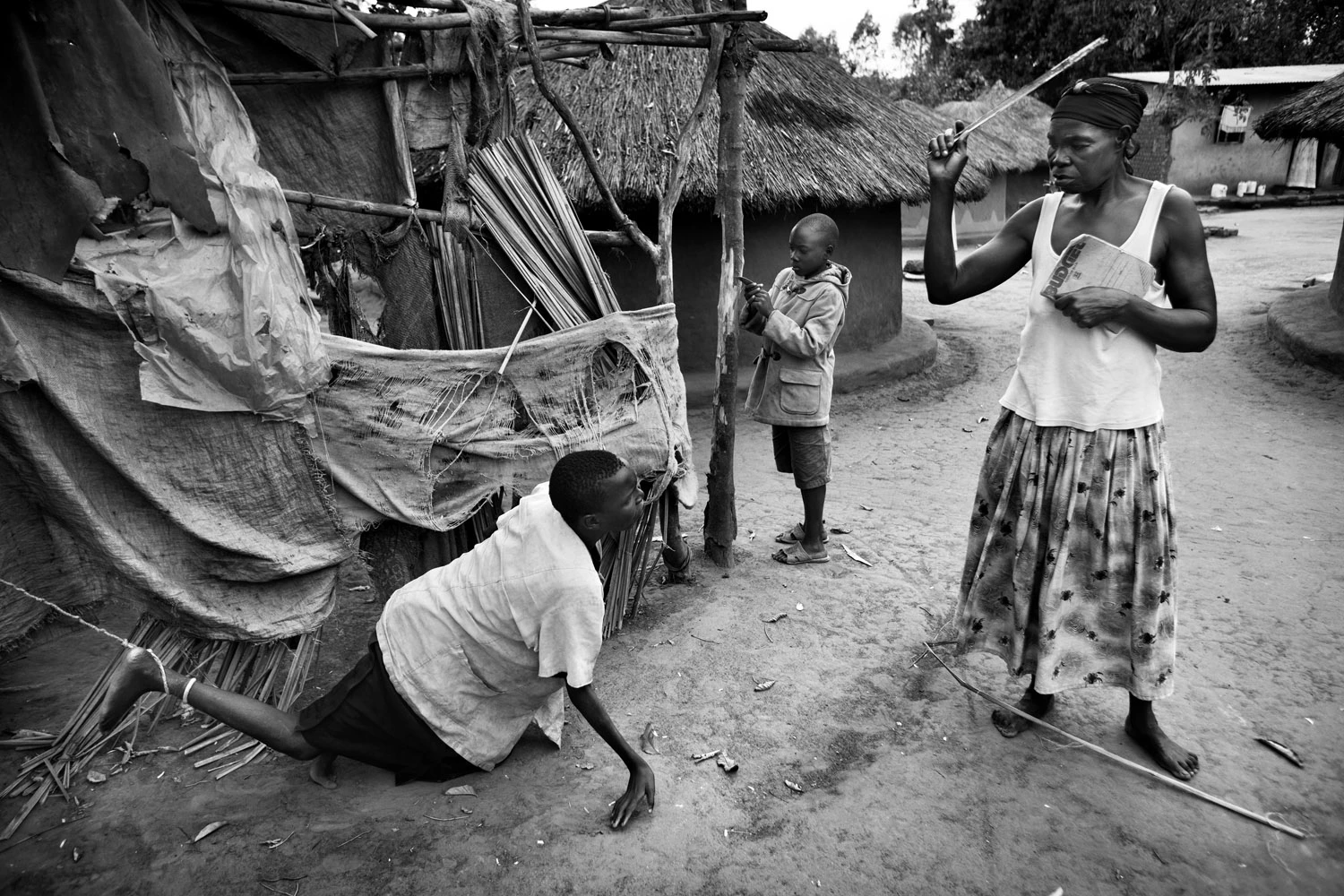According to the 2022 annual Police Crime report, Uganda registered a staggering 17,698 cases of domestic violence which was higher than the previous year that saw 17,533 cases registered.
Out of these cases registered last over 14,000 cases were sex-related cases which human rights activists say needs urgent attention because it’s threatening family cohesion and spreading HIV/AIDS.
Tina Mwebaze, a human rights activist says Gender and Sexual-Based Violence is one of the main drivers of HIV/AIDS in Uganda and is threatening marriages and families in Uganda.
She said effective HIV prevention policies need to pay attention to victims of SGBV. “This is a very a big challenge that needs more attention than anti-gay law which has been given more and unnecessary attention,” she said.
She said more than 50 cases of Gender based violence are registered everyday but ” we don’t see much effort and enthusiasm from the state actors to end this vice. I wish the same energy, time and resources put to fight the gay community can be used to end this violence”
She said there was no need to introduce the new anti-gay bill which parliament passed three weeks ago because it was already covered under the Penal Code.
According to the statistics from the Ministry of Gender Labour and Social Development, the government loses over sh18b as health treatment costs as a result of domestic violence and its effects.
The Uganda police also loses shs19bn to fight practice and the local governments lose shs12b to fight the same problem. Ms Mwebaze says this huge amount of money spent to fight Sexual and Gender Based Violence would have been used to build schools and hospitals if there were strong preventive laws like Witness Protection Bill 2015 which has been in the offing for more than seven years.
It’s hard to quantify the implications of the SGBV on HIV/AIDS but Ms Mwebaze ” it must be immense”. According to the 2011 Uganda AIDS Indicators Survey done with 12,153 women and 9588 men showed that SGBV significantly increases the likelihood of HIV infection, with victims having 34%, 1.34 [1.06–1.70] higher odds than non-victims.
Ms Mwebaze says: ” Government should have focused more on this[ SGBV] more than some of these new laws which are hurriedly passed because of conservative religious and cultural beliefs,” she said.







